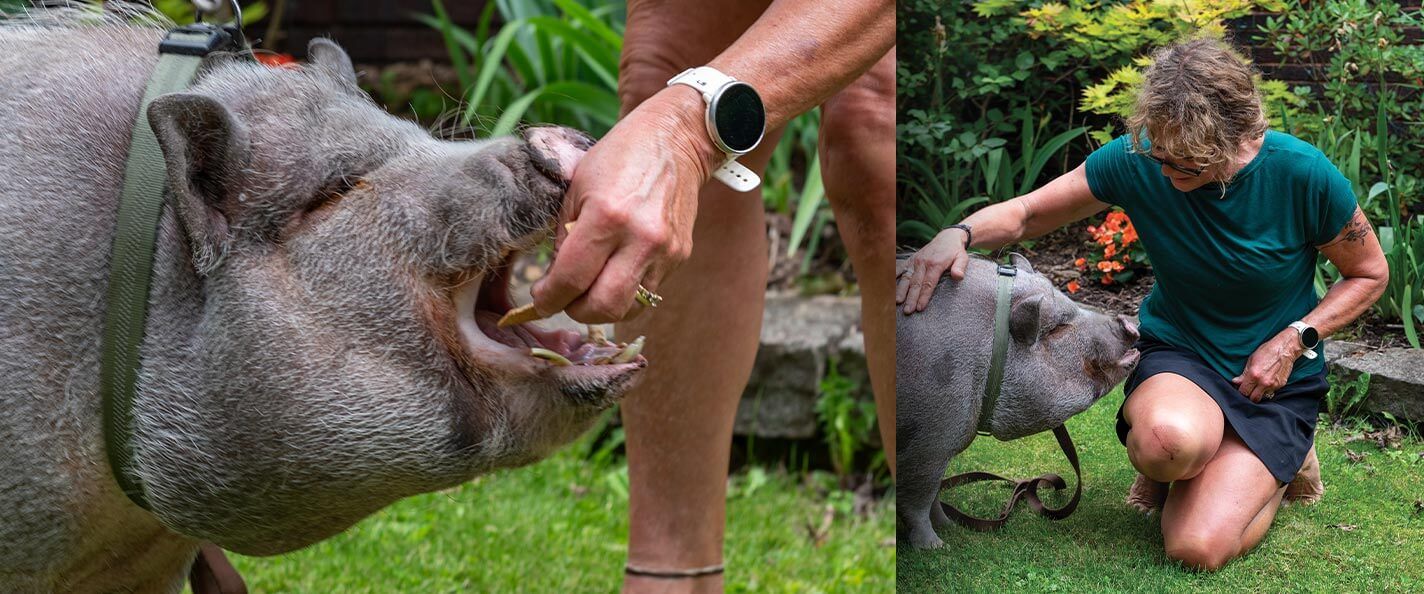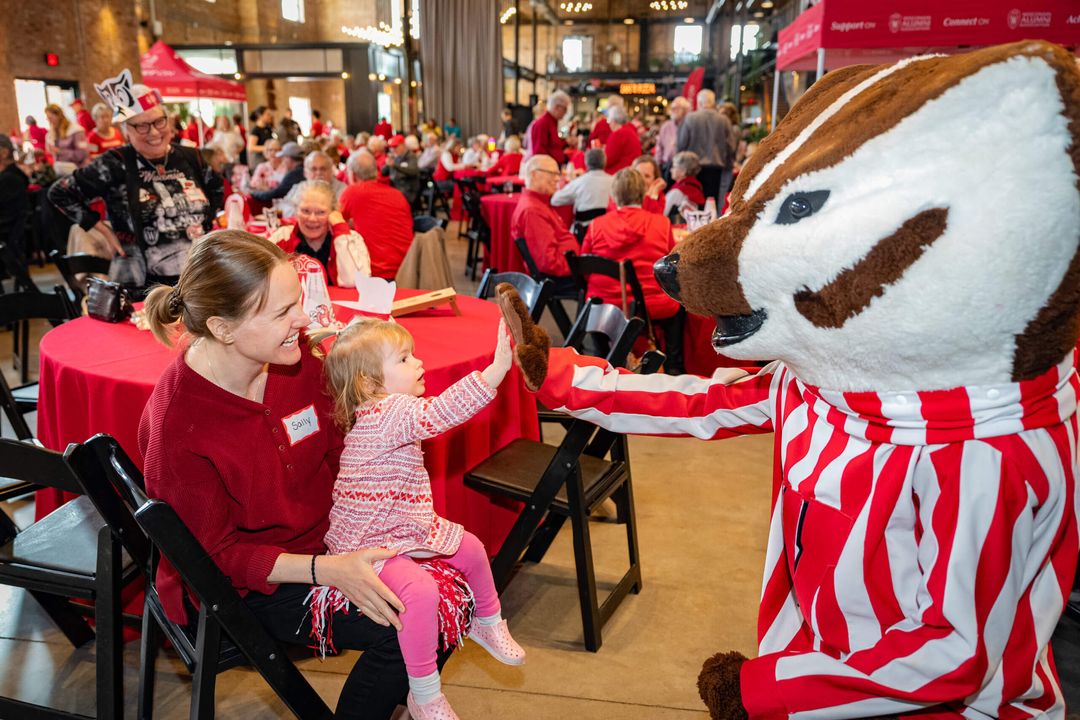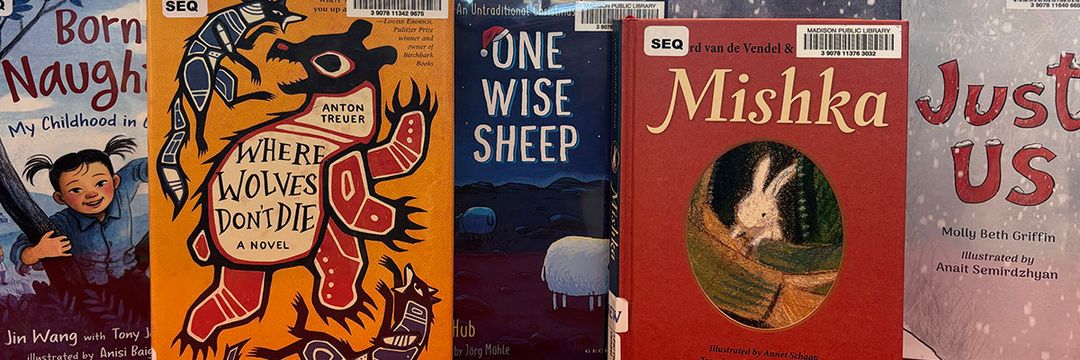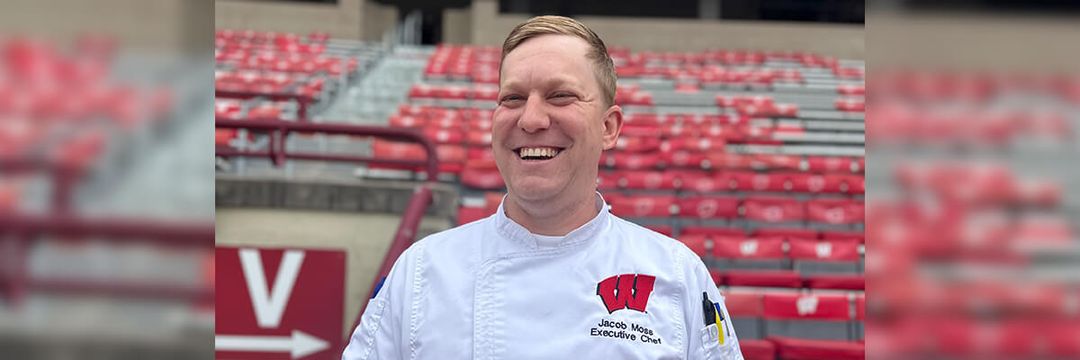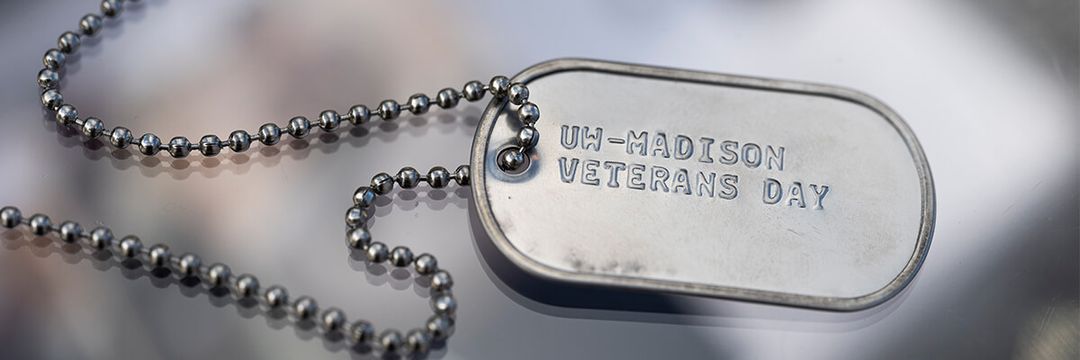Paula Niedenthal ’81 doesn’t mind getting her hands dirty. Between tending a verdant backyard garden and trips to her family’s hobby farm, the UW psychology professor’s pastimes offer welcome reprieve from full-time academia and provide happy homes for her furry, four-legged family members.
Oh, and there’s also the pig.
Since 2022, Niedenthal and her husband, UW psychology professor Markus Brauer, have been the proud parents of Rudi, a two-year-old Juliana pig. Rudi is a beloved neighborhood fixture, eliciting smiles as he forages in his enclosed garden along a bike path and making friends when he takes leashed walks around the block. He indulges in simple pleasures — long walks in the woods, a soft bed, a scratch on the head — though he’s particular about when and how he enjoys them, and he’s not shy about sharing his feelings when things don’t go to plan.
“He is very sweet and very communicative,” Niedenthal says.
Whether he’s grazing in his urban garden or cozied up in his country barn, Rudi lives the good life, and Niedenthal’s is all the better for having him.
How did you come to have Rudi?
Well, we have always liked the idea of having a pig. There are a lot of appealing things about a pig, including what they look like. We think they’re cute. Our neighbor Sarah, who was leaving to go to college in the fall, contacted me and said, “Do you and Markus want to get miniature goats with me? Then at the end of the summer, you can take them to the farm.” I said, “Oh, well, we can talk about that.” Then she came over, and I said, “Actually what we’ve always wanted is a miniature pig.” She said, "Oh, let’s get a miniature pig.” The next day I got a text with a photo of the litter, and she wrote, “What do you think about a Juliana miniature?” Her father and my husband were like, “That went very fast,” and she came home with him. We shared him. He would sleep on our lap. Then she went off to college, and now he’s more or less mine.
Have you been able to get a sense of his personality?
Yes, very much so. Pigs have a lot of different vocalizations, but since we didn’t really know what they meant, it took us awhile to figure them all out. He’s very aware of who we are. He’s very protective of me. He might get more nervous if there’s a man who’s tall around with me, or a dog. He’s very funny about having his needs violated. He always wants to take a hike with us, and if we go without him, he will find us and yell at us.
The other times that he’s yelled at me are also times you might get mad, so that’s why we figured out that that particular barking is him being mad. He has other vocalizations that are more like cooing or hooting and huffing with his breath. He whines if somebody’s petting him and he doesn’t want to be petted, and he calls me if people are bugging him and they have woken him up from a nap. He wants to either get fed or he wants me to come out. He’ll make a kind of squealing noise.
Does he have any special skills or quirks?
One of the funny things about him is that he sometimes makes plans about how to organize his bed better. You can see his little brain going. He’ll walk around and find fresh straw, and then walk back to his bed very purposely and put it in a particular place and then go get more. Kind of like a bird. … He loves fluffing. He has piles of blankets that he sleeps in, so the whole bed situation is very fun. He will organize those. In addition to the hay up at the farm, he’ll organize his blankets [at the house]. It is very interesting to watch him go to sleep. If it’s really cold outside, he’ll roll himself up like a burrito.
How does Rudi interact with people or other animals?
If he’s ready to be cuddly and be with you, he comes and stands next to you quietly. He just stands there, and you realize that he’s standing there, and you scratch him, and then he lies down on your feet and goes to sleep. That’s his way of being cuddly.
He generally is afraid of dogs. Dogs are natural predators of pigs, but he has a bunch of friends in the neighborhood who he’s used to. [One thing he and one dog used to do is] run. The dog will be outside the fence of our garden, and he will be on the inside, and they run back and forth together, which is quite cute.
He has a sweet personality. With the people he knows and loves, he’s really, really sweet.
Does Rudi go anywhere besides home and the family farm?
Well, he goes to the vet. There are people who would like him to come to campus, and it would be possible, but it would require that I get a permit and have some enclosure, or at least [put] him on a leash. I’ve considered that, but people don’t understand that pigs can’t see very well, and they do dog-related things, like put their hands in his face and pet him and touch his nose. He doesn’t like that. He sometimes thinks that they’re giving him food, and he’ll do a swipe toward [them]. He doesn’t want to bite, he just wants the food, but it scares them.
Does he play?
He does not play, run after a ball or anything like that. … I think he probably would if I spent more time on that, because [pigs are] eminently trainable. They’re very smart. What he does do with me that’s like a game is that when we’re in a big open space, I will make the loud woofing sound that he makes when he wants to suddenly run and do twirlies, and he’ll do that with me. … He spins around and then runs. I also use the German word for running. He goes to bed with a French word that you use to put children to bed. My husband’s from Germany, and we lived in France for many years, so he knows words from these two foreign languages.
If Rudi were to attend an undergraduate university, what might he major in?
That’s a hilarious question. How about resource management and sustainability? He does provide us with a lot of poop for our garden, and he mows the lawn.
How has having Rudi changed your lives?
We are fascinated by how he communicates with us, so we’ve become suddenly interested in that. My colleague Allyson Bennett, who’s the chair of the psychology department, works in animal behavior, and she’s at the Harlow Center [for Biological Psychology]. She asked me about his vocalizations when we first got him, and I was like, “Oh, I don’t know yet,” but now I can see what she meant. He does have a specific thing to say, and learning that is incredibly interesting, because we have cats and horses, and they don’t do the high-fidelity communication that he does.
With your house pets and your hobby farm, you’re clearly an animal person. What does having animals around add to your life?
I think we love the love. They’re so unjudgmental. Unless we forget to take [Rudi] hiking, then he’s very judgmental. Except for that, they’re not judgmental. We know all the psychological literature on the health [and] the mental health benefits of owning a pet, and I think we both feel that. … I love the love part.
